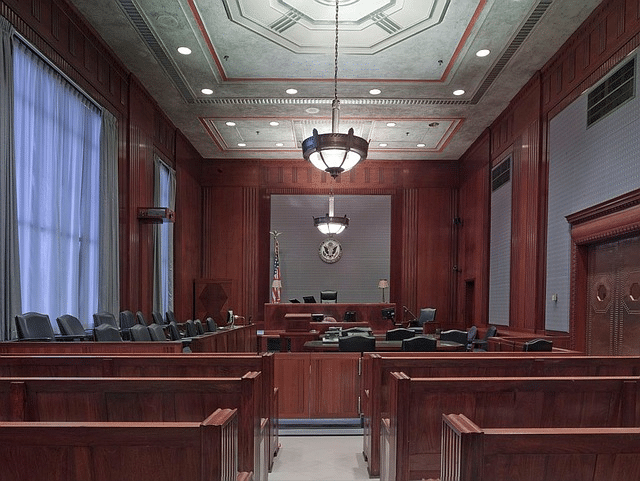Each year, thousands of personal injury claims are filled and suits pursued. While you have every right to pursue damages in the event that you have been injured as a result of someone else’s negligence, you are not guaranteed to win your case. Working with a proven personal injury attorney like the professionals at Grossman Law Offices can help to ensure that you have a strong case and increase the likelihood of a favorable settlement or judgment. Most personal injury claims are not ironclad. The attorneys hired by the insurance company are paid to find any weakness in your case and exploit it. Understanding the weaknesses of your case before filing a claim or going to trial can help to eliminate the weakness, lessen its effect on your case, or make you aware of potential issues that may decrease the value of your case. Learn more about common weaknesses of personal injury cases below.
Representing Yourself
You may have a strong case. You might even think that there is no way that you will not get compensated because the evidence of negligence and injury is just that clear. While these factors may certainly be prevalent, they do not absolve you of knowing the intricacies of personal injury law. An experienced personal injust attorney will understand when to file a claim, how to preserve evidence, as well as aggressively advocate on your behalf. Furthermore, personal injury attorneys are adept at learning the value of a case and not settling until you are fairly compensated. Representing yourself is a weakness in any legal proceeding, but especially harming in personal injury cases.
Pre-Existing or Subsequent Injuries to the Same Body Part
If you have sustained an injury (as a result of an accident) to a part of your body that was previously injured, it can make your case particularly weak. This is even truer if you have not yet fully recovered from that injury. You will need to prove to the insurance company (and potentially the courts) that you were indeed injured as a result of the accident and not due to your old injury “flaring back up”. This will require meticulous record-keeping, strong evidence, and potential expert witnesses. Mounting a strong case to account for pre-existing injuries can help to limit or nullify there effect on your personal injury claim.
Under the Influence of Alcohol or Drugs
In personal injury cases that involve slip and falls, car accidents, etc. the influence of drugs and alcohol can seriously damage your case. The insurance company will likely argue that your injury was a result of your intoxication and not due to the negligence of your client. There are methods that you can use to minimize the effect that your intoxication has on the case. However, it will usually require the expertise of a seasoned personal injury attorney.
Lack of Credibility
If your personal injury case goes to trial, it’s imperative that the jury deems you as a credible plaintiff. Elsewise, they may not believe your claims. Signs of a plaintiff that may lack credibility includes having a criminal record, lack of evidence, disproven statements, inconsistencies in the story, etc. The building of your credibility begins the moment that the accident occurs. This is why it’s important to give factual statements, stay consistent, and only speak about what you know.
Other Personal Injury Suits
If you have filed other personal injury suits, it is likely that the defense attorney(s) will find out the details. It is possible that they will use this information to convince a jury that you are a “professional claimant” and damage your chances of a favorable outcome. An adept personal injury attorney can help you to minimize the effect of previous suits and/or convince the judge that the information is not relevant to your case and therefore should not be admissible in court.








